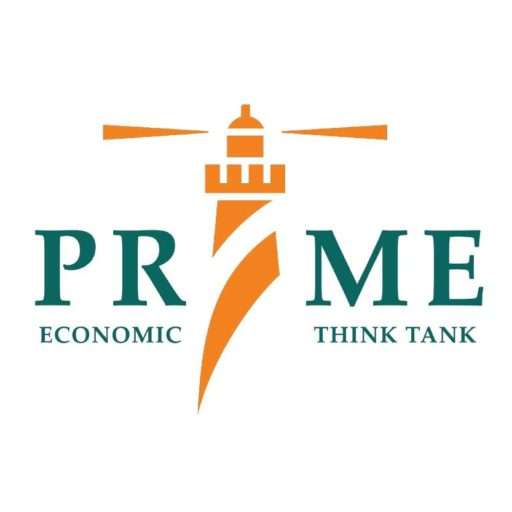Natural gas crisis (2016)
PRIME Analytical Reports are independent evidence based studies on the investment climate, economic policies and demographic changes in Pakistan, prepared to improve understanding of business and policy challenges faced by the country’s private sector to help it steer path of growth.
Natural gas is Pakistan’s premier source of energy. In the recent past, it has been observed that the demand and consumption of natural gas has increased rapidly in Pakistan. People have become dependent on this crucial resource. Therefore, sustained exploration and production of gas is imperative not only for the economy as a whole but also for businesses to realize their growth goals. However, despite the increase in importance of natural gas for Pakistan, its exploration and production has declined in recent years, leading to a nationwide shortage. While the demand for natural gas is 8000 million cubic feet of gas per day (mmcfd), its supply is only 4000 mmcfd.
The popular explanation of this shortfall is associated with depletion of gas reserves. Through extensive literature review and data analysis, this report argues that while decrease in natural gas reserves may be a viable concern, the root of the problem lies in the flawed pricing of the gas industry. It is suggested that instead of controlling the pricing of natural gas, it should be indexed to that of oil – hence making it more competitive. This will encourage investors to undertake exploration and production of indigenous natural gas which costs only about $3 – $3.5 per mmbtu. Eventually, Pakistan’s prospective reliance on expensive Liquefied Natural Gas (LNG) import of $8.63 per mmbtu will be reduced.
This report is based on the review of the available literature and meetings with senior government officials and personnel


